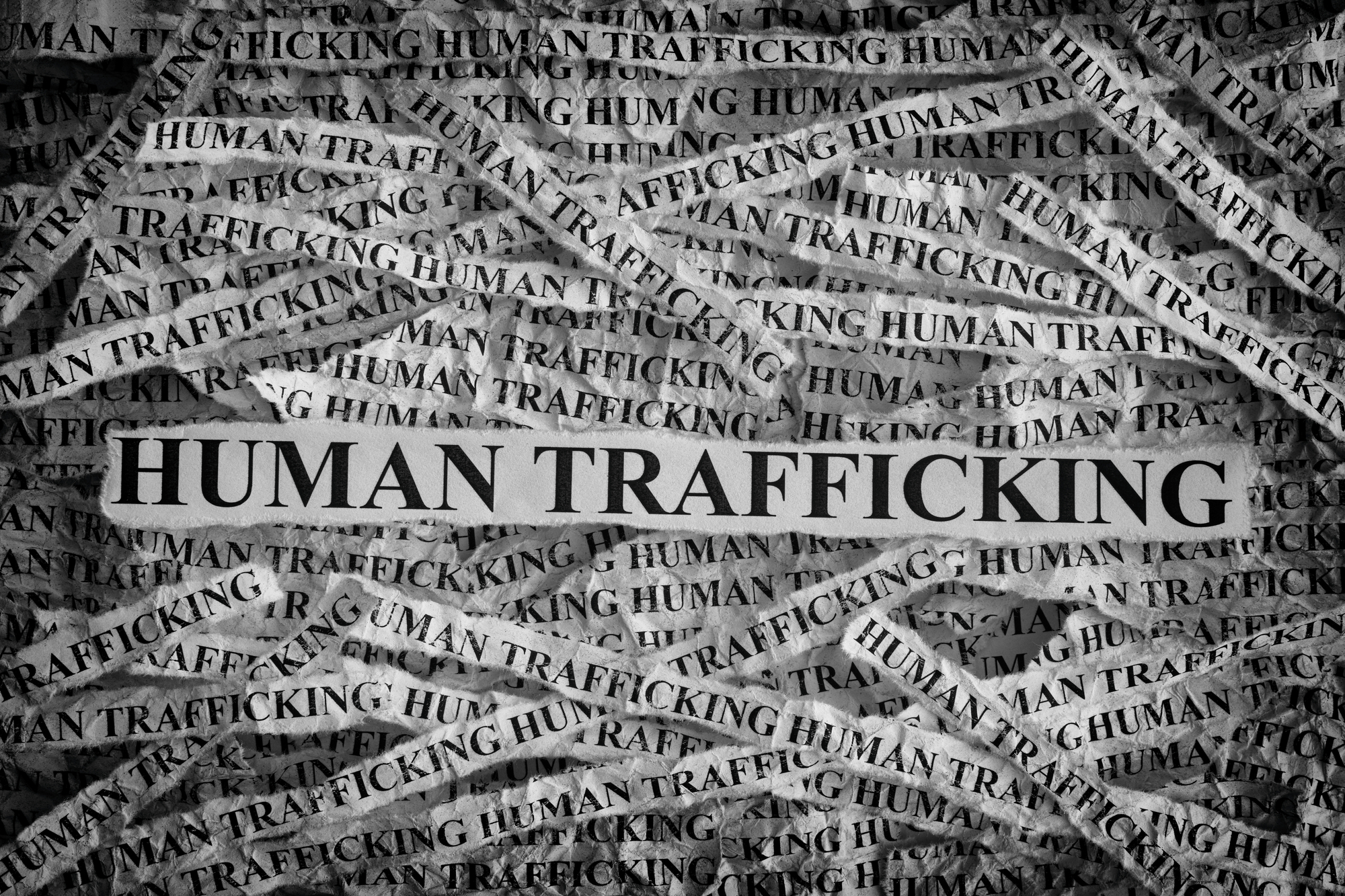
What is Human Trafficking?
Morgan Klinkowski Wilson MPH, CHES
Human trafficking is defined by the Trafficking Victims Protection Act as the exploitation of a person or persons for sex or labor using, “force, fraud, or coercion.” It is a public health issue that affects children, youth, and families across communities nationwide. In the United States, homeless and runaway youth are the most in danger of being trafficked. Through education, identification, and supportive role models, youth can be prevented from becoming victims of human trafficking. Looking upstream for the warning signs of human trafficking can save communities from falling prey to traffickers.
North Carolina ranked 6th in the nation for the highest number of cases in 2019, reporting 132 human sex trafficking cases to the National Human Trafficking Hotline.
Human trafficking is much like a business. In fact, it’s the second-largest organized crime in the world, bringing in around 150 billion dollars each year. There is supply and demand for human trafficking. The supply is the victims, and the demand is the buyers. Buyers are individuals who buy victims of trafficking for different services.
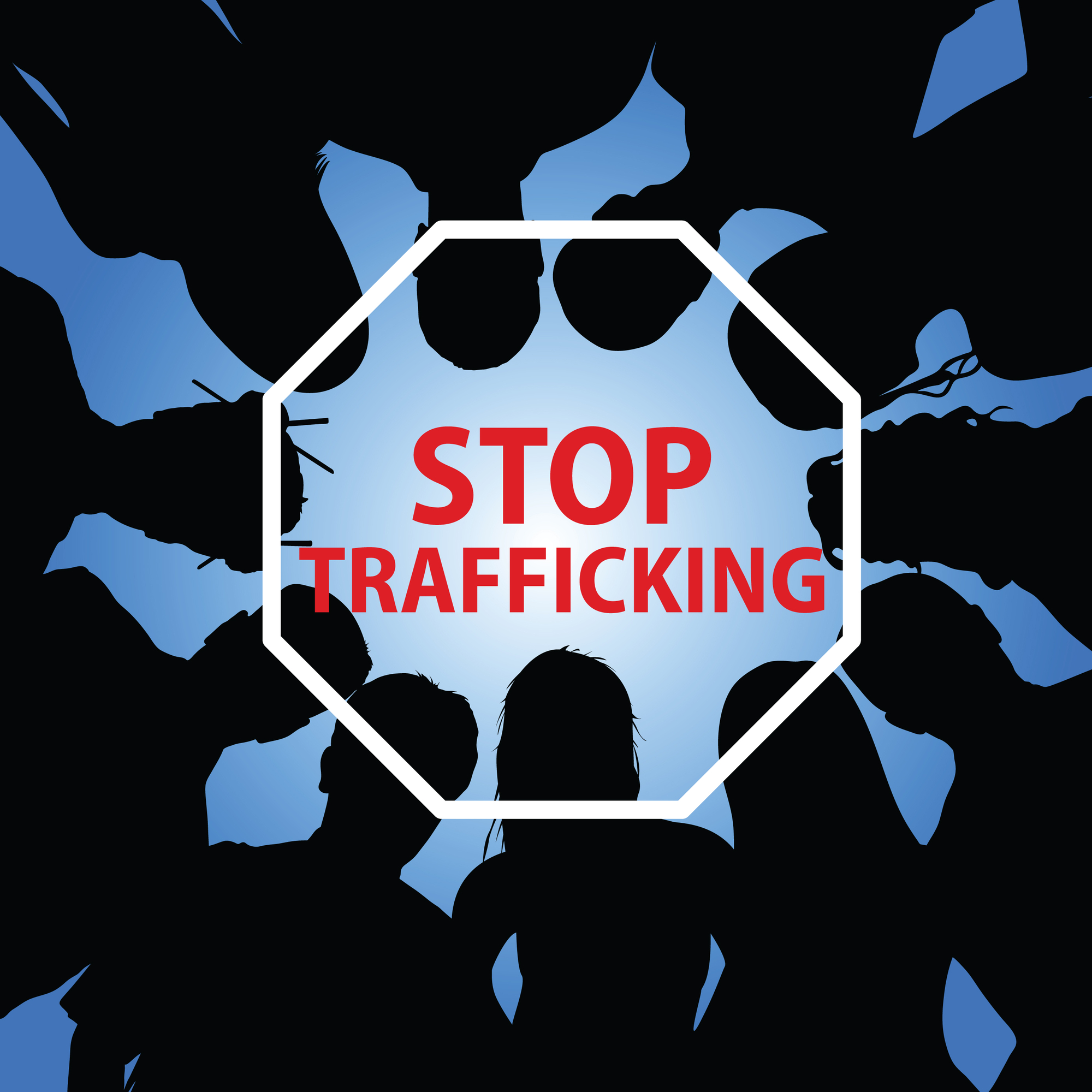
A trafficker is an individual who trades illegal goods or buys and sells humans for labor or sex. Traffickers come in all shapes and sizes. They include individuals, business owners, members of a gang or network, parents or family members of victims, intimate partners, owners of farms or restaurants, powerful corporate executives, and government representatives. Traffickers will often target young victims on the Internet, in homeless shelters for youth and domestic violence, at the mall, over the phone, through social media, and at school. Sex traffickers often target young victims because children and youth more vulnerable, and there is a higher demand for juvenile victims from buyers.
Traffickers often start with a process called “grooming.” Grooming is the process in which a trafficker will gain the victim’s trust over time by posing as a loving boyfriend or girlfriend, providing for needs such as buying clothes, meals, or even expensive gifts. Through grooming, the trafficker uses manipulation and coercion to slowly isolate the victim making them feel alone and vulnerable. Once the trafficker has gained trust and isolated the victim, manipulation, coercion, fraud, or abuse may begin.
Know the Signs
Human trafficking can be prevented or stopped by recognizing the warning signs, knowing when to report to law enforcement, and asking the right questions. Warning signs may include:
- A victim may have signs of physical abuse that seem unexplainable, or he/she is unwilling to describe them.
- A victim may not be wearing appropriate clothing for his/her age, the weather, venue, or situation.
- A victim’s actions or movements seem to be tightly controlled by another individual.
- A victim may be in a seemingly age-inappropriate relationship.
- A victim may have unexplainable absences.
- A victim may have frequent new gifts, money, travel opportunities, etc.
- A victim may have been a part of Child Protective Services, Foster Care Services, or frequent involvement with law enforcement.
Call to Action
Programs at the Poe Center can help prevent human trafficking through primary prevention. Programs are designed to help young people learn decision-making skills, goal setting, and open communication between parents and youth which promote a sense of higher self-esteem and are considered protective factors for human trafficking. 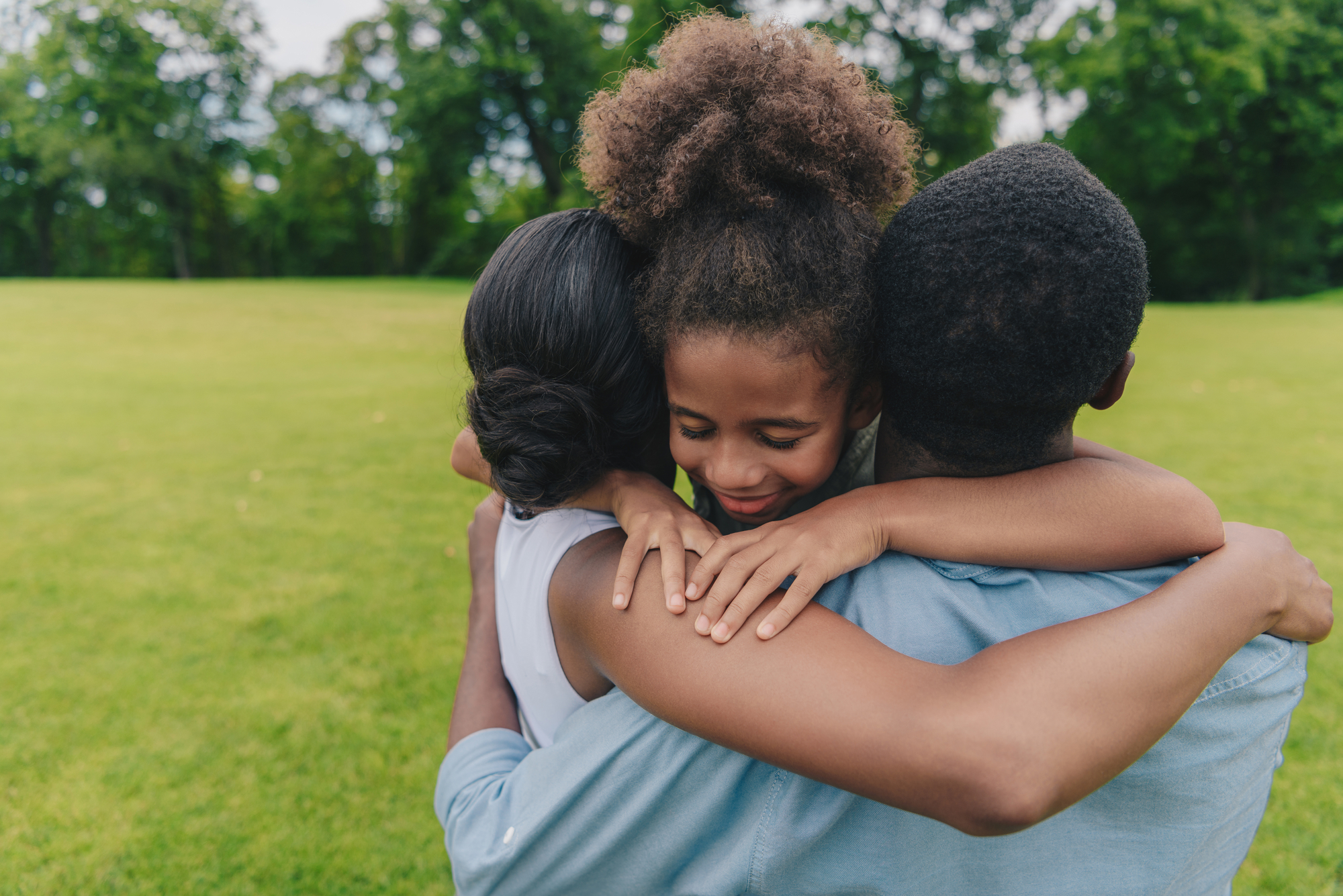
In North Carolina, all able adults over the age of 18 are mandated to report certain conduct against a juvenile to law enforcement, including serious injuries, sex crimes, violent crimes, and child abuse. If you see the warning signs or you have a bad feeling, don’t be afraid to place a report. More often than not, you could be saving the life of a child.
Human trafficking is a well-oiled machine that snakes across our communities. We can prevent and stop traffickers from dragging youth into violent crime and traumatic experiences. Be a positive role model for the youth and children around you, participate in the Poe Center’s health education programs, actively listen to youth and children around you, and be somebody they can go to if something is wrong. Don’t be afraid to speak up when something feels uncomfortable or incorrect. Don’t be a bystander. We are stronger together than individually. Get involved in your community, share what you learn, and support North Carolina children and youth.
Resources:
National Human Trafficking Hotline Statistics
Human Trafficking
Expanding and Coordinating Human Trafficking-Related Public Health Research, Evaluation, Education, and Prevention
Featured Poe Program: Healthy Relationships 101 for Youth – Online
Grade Level: 8th-12th grades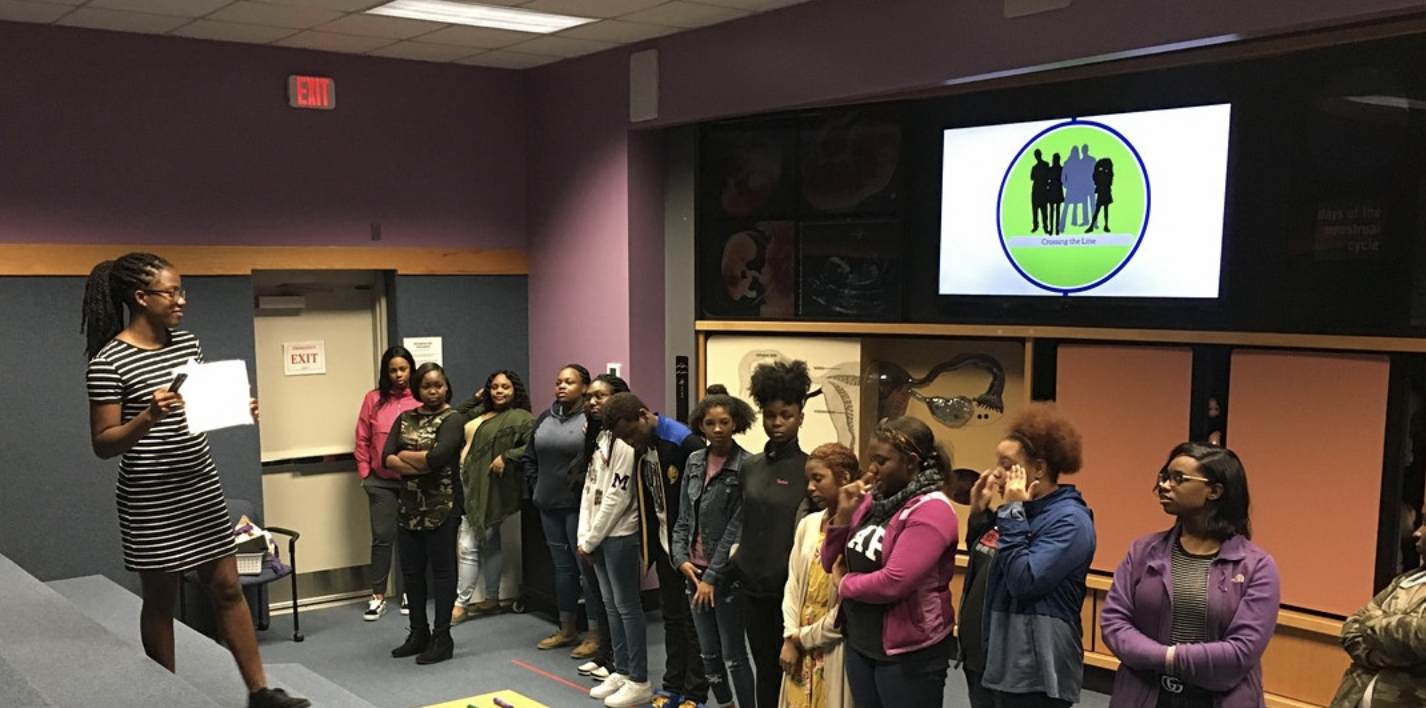
Program Length: 60 minutes
This program will be held on Zoom on Wednesday, November 4, 2020, from 3:30 p.m. – 4:30 pm. Register Here.
Questions about this program? Contact Robin Pittman at [email protected].
Featured Activity: Attend our ONLINE Annual Meeting!
Join us for the Poe Center’s 2020 Annual Meeting – Human Trafficking: Beyond Awareness with Primary Prevention – Online Event
North Carolina consistently ranks in the top ten for calls to the National Human Trafficking Hotline. Governor Roy Cooper proclaimed January as Human Trafficking Awareness Month to bring attention to this issue. Get tickets here.
Despite the prevalence of human trafficking and increased awareness of the problem in our community, confusion and misperceptions around root causes and prevention strategies remain. The Poe Center’s 2020 Annual Meeting and Conferences will address this knowledge gap. The purpose of the 2020 conference is to elevate the conversation past basic awareness, provide a deeper understanding of human trafficking, educate conference attendees about primary prevention strategies, and empower them to make an impact.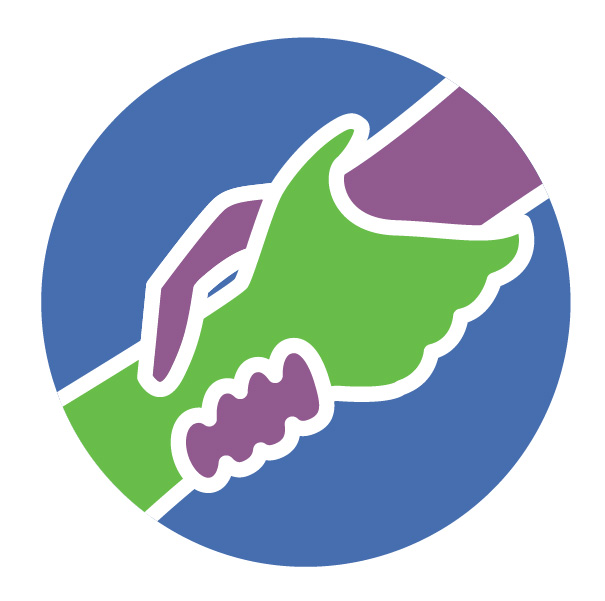
Monday, September 21, 2020
VIP Event, Poe Center Annual Meeting, and Beehive Exhibit Unveiling
6:00 p.m. – 7:30 p.m.
Tuesday, September 22, 2020
Keynote Address and Panel Discussion
11:30 a.m. – 1:30 p.m.
Wednesday, September 23, 2020
Keynote Address and Panel Discussion
7:30 a.m. – 9:30 a.m.
Keynote Speaker: Deborah A. Gibbs, MSPH, Senior Analyst, RTI International.
